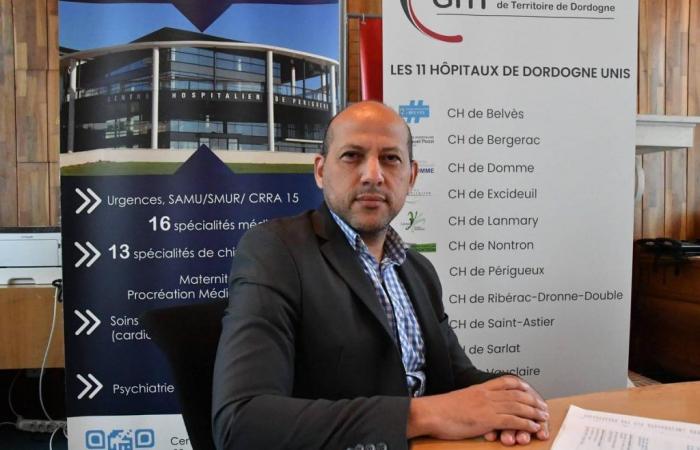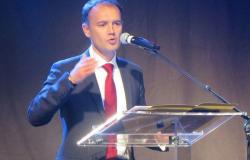Do and move forward together. With common management, the establishments of Sarlat, Périgueux, Domme, Lanmary and Nontron (Dordogne) are building their “hospital of tomorrow” for 2025-2029. Several guidelines were identified, after a public consultation and internal working groups.
1 Users want better communication
More than 300 responses were provided during a public consultation in the summer of 2023. Users pointed out “a lack of information on everything that the establishment offers” and asked for “better communication”, according to Abdelmajid Tkoub, deputy director. Another essential point: to be better involved in their care. “It’s over for people who have to endure their stay, their treatment and their care. Treating is no longer enough, the patient must be involved. »
“It’s over for people who endure their stay, their treatment and their care”
Other subjects raised: better quality of reception and telephone response, online pre-admission and prevention actions.
2 Working groups want collective
11 working groups were formed on different subjects: human resources, management, IT, etc. Everyone’s feedback must be analyzed by September, but Abdelmajid Tkoub was at the head of three of them: quality, communication and users. The first raised that the initiatives of the hospital group must be taken outside the walls and promoted. Internal communication will also have to be strong: in Périgueux alone, there are 3,000 employees. “We need to make information more fluid, and for people to have the feeling of belonging to a collective. »
The deputy director emphasizes that user representatives must be more integrated into the operation of the hospital. “We would like to call on them beyond the usual scope, to mobilize them in the establishment’s strategic initiatives. »
In the quality group, we want the hospital to “develop a quality culture and disseminate the analytical reflex”. In other words, “that people can situate the establishment in relation to national and international standards” and that the establishment “disseminates the reflexes of collective analysis and feedback on practice”.
3 What areas of development for tomorrow?
Abdelmajid Tkoub revealed the main axes which will be priorities for the establishment project.
First, the attraction and retention of staff, then the recentralization of health professionals on their core business. For the deputy director, the doctors’ missions are swallowed up by tasks that do not concern care. Thus, the social assistance service must be strengthened. The creation of the course manager position was tested on 60 beds, with “positive results”.
Then, the project provides for the “fluidification and centralization of care pathways”. And the manager added: “There will be territorial management of beds to ensure that people are taken care of where they are needed, within the time frame they need and for the time they need,” explains Abdelmajid Tkoub. There will therefore be a “gradation of care” in the five establishments.
Finally, the question of modernizing premises and changing professions will be at the heart of the establishment project. “Cooperation protocols must be launched. We are going to give new missions to nurses, things that until now could only be done by a doctor, to enhance their work and free up doctors. »
Although the broad outlines of the establishment project are now known, it still needs to be refined. A timetable must be proposed at the start of the school year.






